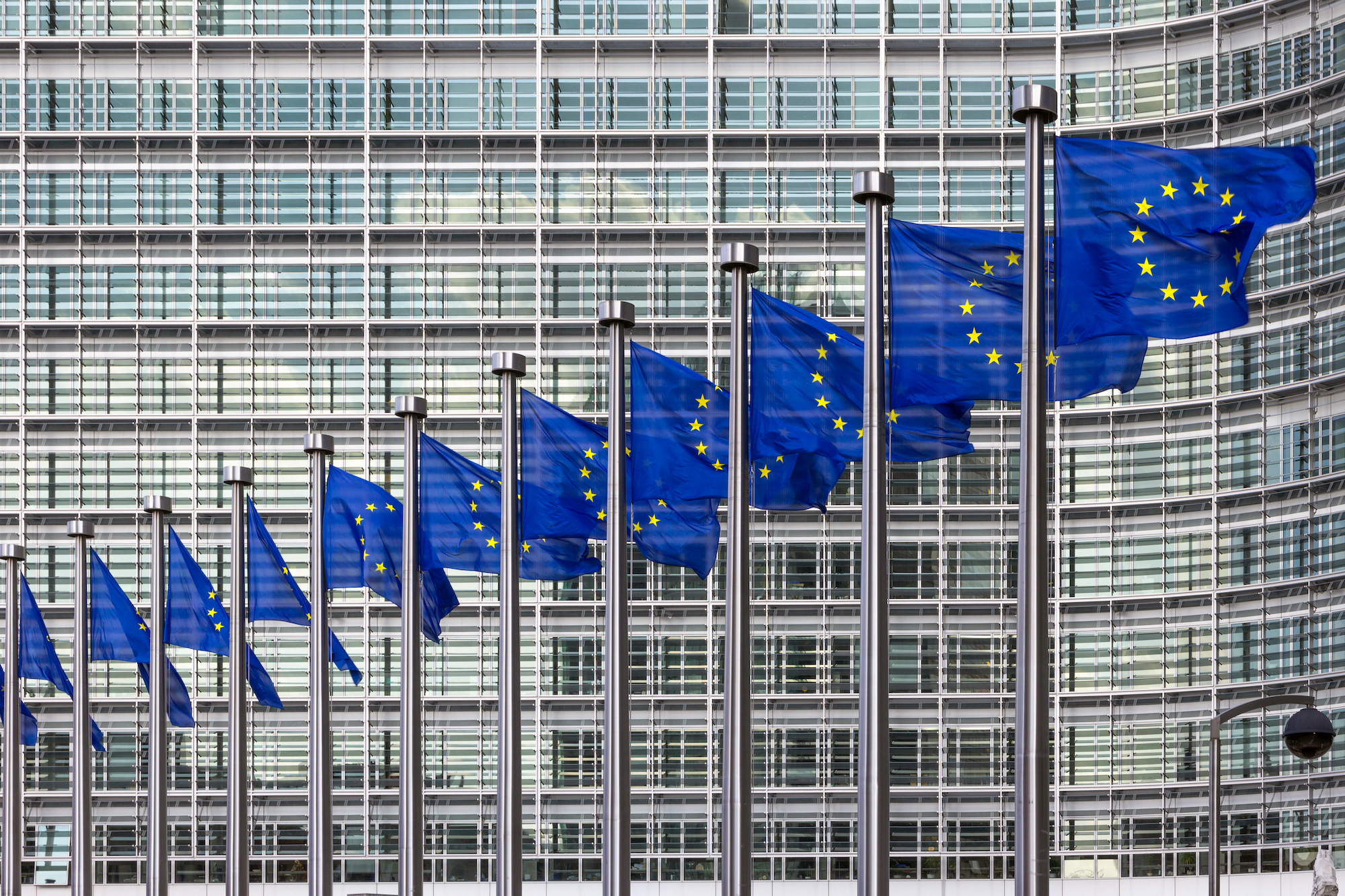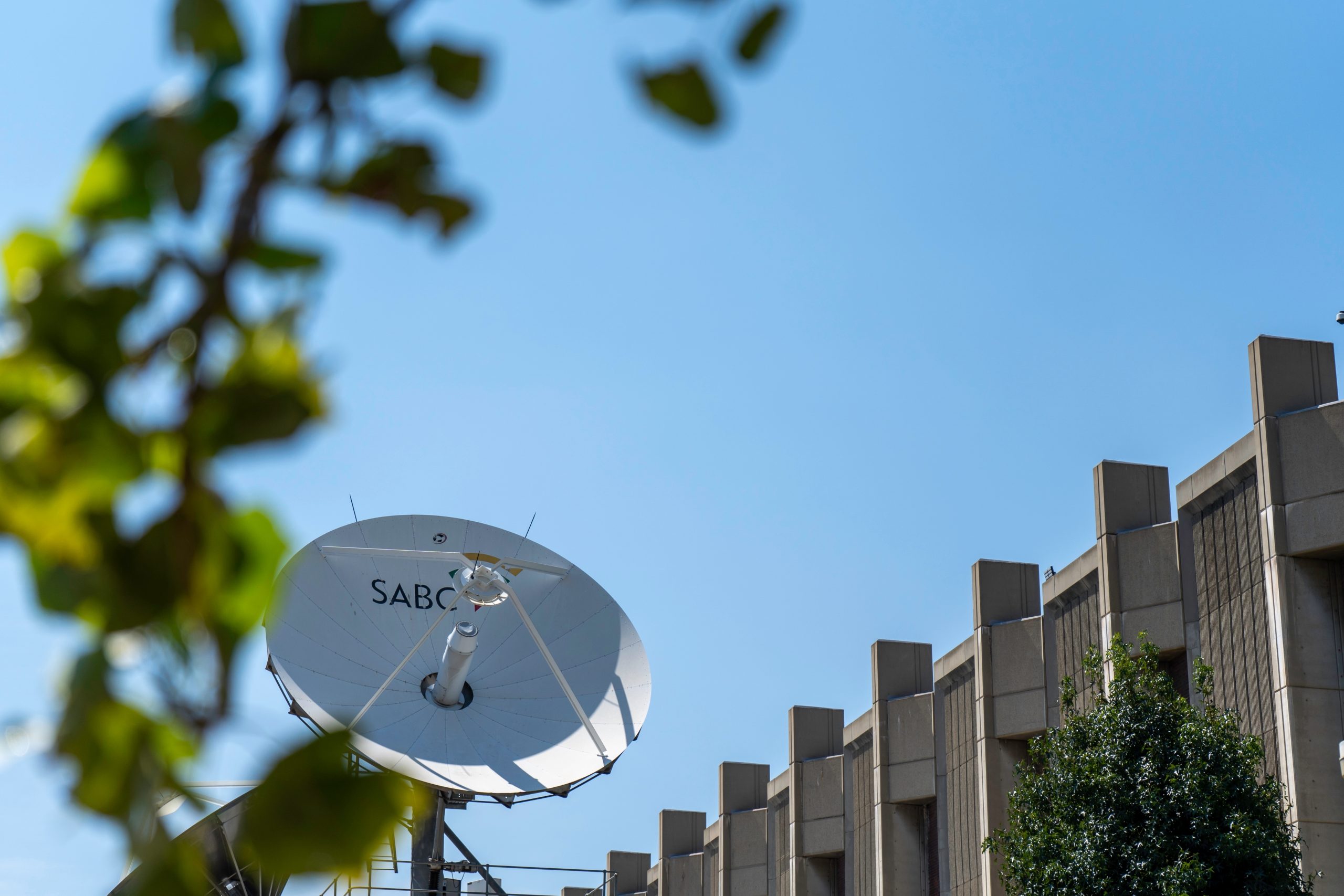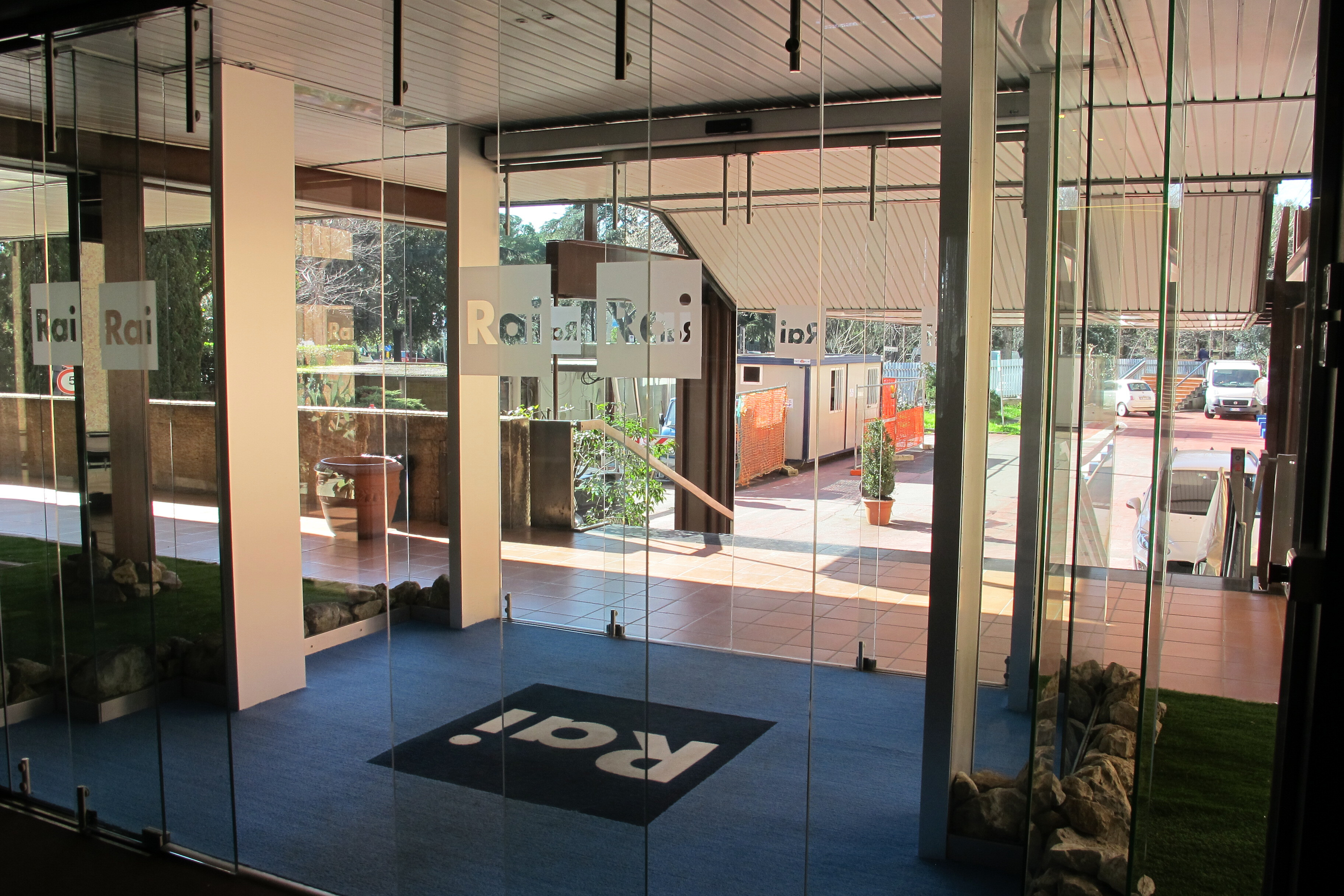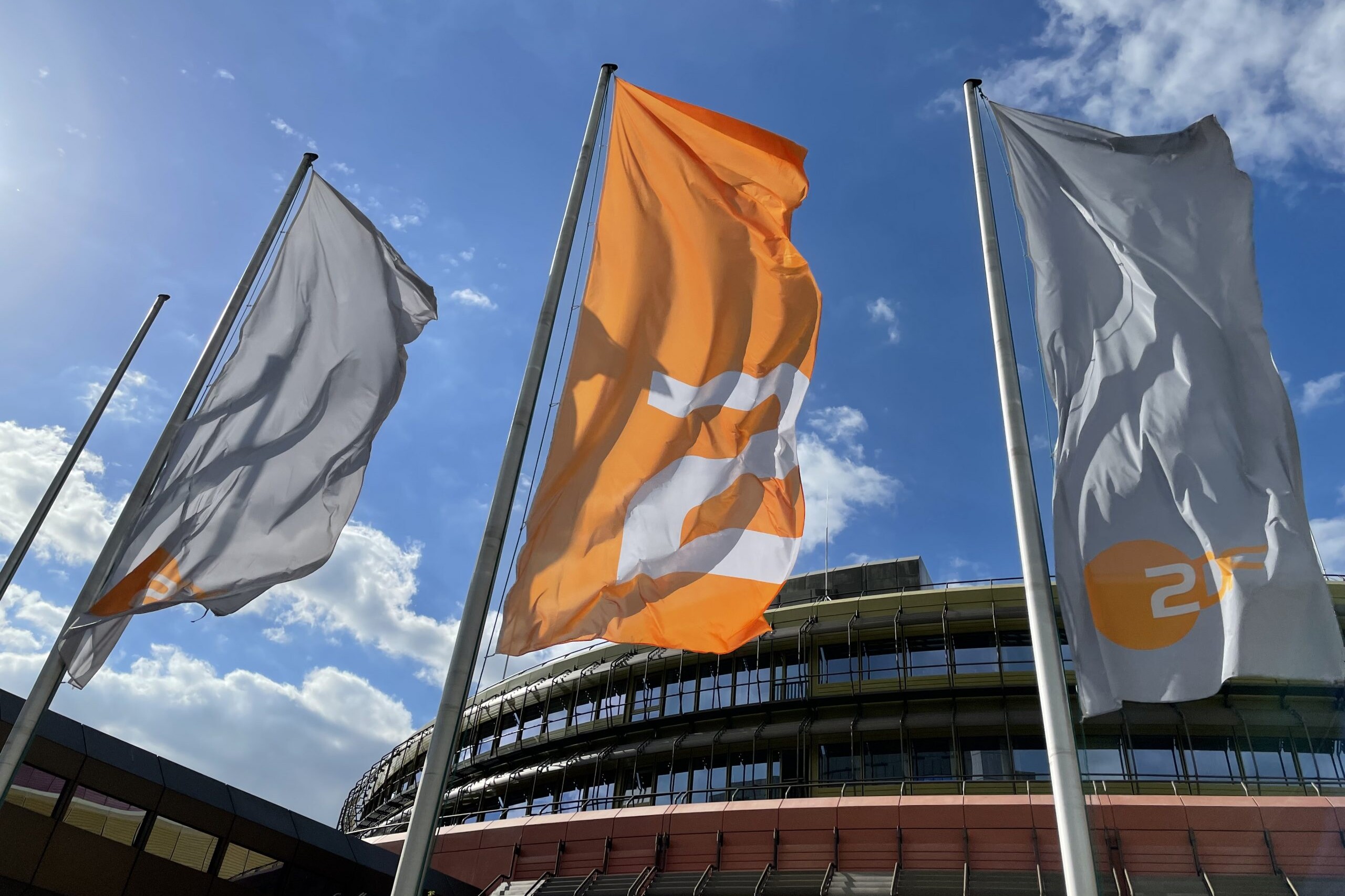Scrutiny of Germany’s licence fee mounts again
9 November 2023
A year out from any decision, politicians are already positioning themselves to oppose an increase to Germany’s public broadcast licence fee.
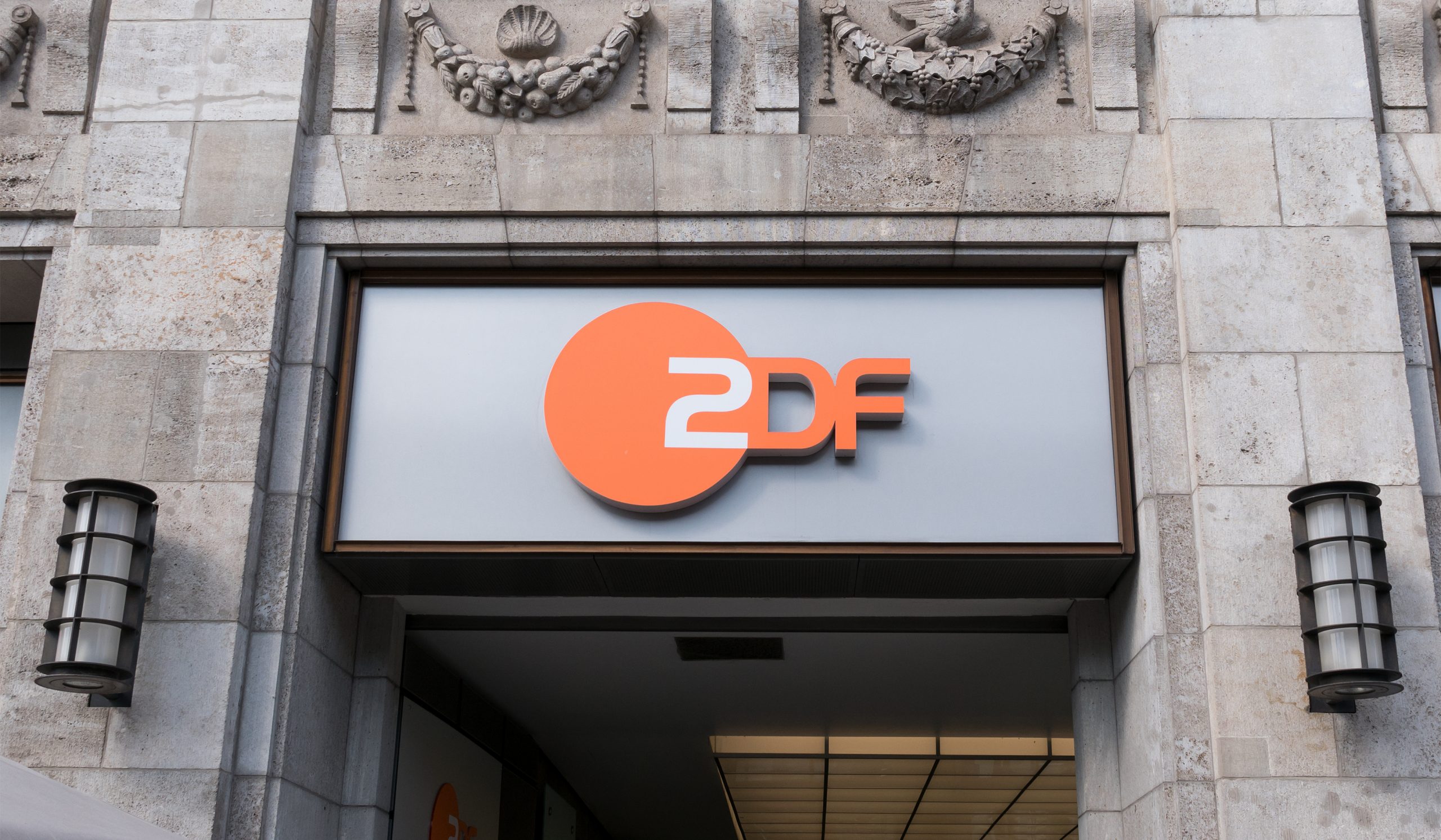
IN BRIEF:
- German politicians are moving to oppose an increase to licence fees in 2025.
- The public broadcasters are facing mounting cost pressures and a dent in trust.
- Some are calling for the way public broadcasting is funded in Germany to be reformed entirely.
IN FULL:
The Rundfunkbeitrag, or licence fee, which funds Germany’s public broadcasters is coming under increased scrutiny again, with several politicians speaking out against any proposed increase to ease cost pressures.
Germany has one of the world’s most extensive public broadcasting networks, with three national broadcasters funded through a fee charged to households, companies, and institutions. The current fee for private households is €18.36 a month.
Read more: Germany public media reforms scrutinised
The fee funds three broadcasters. The ARD, which is a joint organisation of regional public broadcasters, responsible for some of Germany’s most-watched news and entertainment programmes. The ZDF is a second national broadcaster, with about 13 percent of market share. The licence fee also funds the four national stations of Deutschlandradio.
The fee is determined by state parliaments, who must agree on a rate and set of rules on the recommendation of an independent expert commission. It is a multi-step procedure with each treaty usually lasting four years.
The state parliament process always becomes political, with parties often criticising the amount Germans pay for public broadcasting or whether a fee should be paid at all. During the last round in 2021, the states agreed that the public broadcasting system needed reform.
Last December, the 16 heads of state agreed to a suite of new measures, including greater flexibility for online broadcasting, a refined public media brand, and strengthened broadcasting councils.
“We are making public broadcasting fit for the future,” Bavaria’s Media Minister Dr. Florian Herrmann said last June. “ARD and ZDF had grown too broad. Now we are sharpening the profile in a targeted manner and expressing the brand core of the public broadcaster even more clearly.”
Listen toour podcast
Uncovering and exploring the biggest
issues facing public media
The need for reform was largely welcomed by the broadcasters themselves, but concerns have also mounted about the extent to which the process has been politicised, and whether politicians were bending to the lobbying of private media interests.
Recent surveys have suggested two thirds of Germans think the fee they pay is too high, while some parties – particularly the far-right AfD – have called for the licence fee to be scrapped altogether. The last round of treaty negotiations in 2021 were protracted, with an increase at first rejected, but ultimately increased to their current rate after a court challenge.
Trust, popularity and costs
But conversely, the public broadcasters are still responsible for some of Germany’s most popular content, with the ARD’s Tagesscahau still the most watched news programme in Germany, increasing its market share in recent studies. Surveys completed following the 2021 election showed the public broadcasters received the best ratings from citizens and are the most trusted.
But that trust has taken a hit in the past year, with the chair and head of Berlin’s public broadcaster forced to resign last August after allegations of embezzlement and misuse of public funds in a scandal that had wide-ranging repercussions for the reputations of German public broadcasters.
Still, the broadcasters face cost pressures, with both the ARD and ZDF reporting that they are struggling to retain talent and compete with the power of foreign digital giants, while still maintaining their public service mandates. It was reported this week that the broadcasters had submitted higher expenditure for personnel, programming and material expenses to the commission that determines their financial requirements.
“It is incomprehensible to expect people to pay a further increase of in fees.” – Dietmar Woudke, Prime Minister of Brandenberg.
Their suggestion would be that the fee would rise to 19.91 euros from 2025, though a final recommendation from the commission won’t come until next spring.
But any increase would have to come with the agreement of each state and, off the back of last year’s spending scandal, some state politicians are already positioning themselves to push against it.
“It is incomprehensible to expect people to pay a further increase in fees, the Prime Minister of Brandenburg, Dietmar Woidke, said last week. The mayor of Berlin, Kai Wegner, agreed, saying an increase when many were pressured by the cost of living would be wrong.
Meanwhile, others are looking at whether German public broadcasting should move away from a household levy entirely, similar to the French decision to abolish their licence fee in favour of direct funding from the state.
The media spokesperson for the CDU party, Oliver Schenk, told Deutschlandfunk this month that the idea of a “more automated” process needed to be explored for the licence fee.
“We need a new determination procedure,” he said.
ANALYSIS:
Sources of public funding for public service media are under pressure worldwide. From Germany to Canada, and South Korea, it is imperative for the vitality of democracy that public media have a strong and viable source of funding that enables them to maintain their commitment to core values, hold power to account, and provide a critical source of independent and verified news and information.
Related Posts
8th November 2023
EMFA: PMA joins call for effective safeguards for strong and independent public service media
PMA has joined a coalition of 19…

